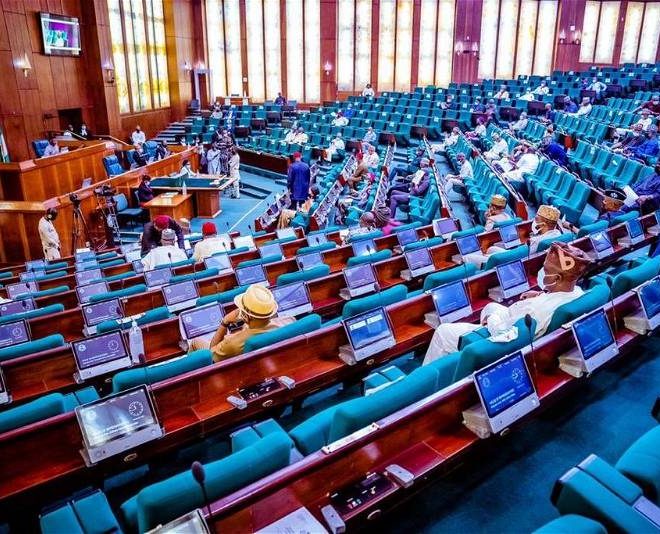The House of Representatives has raised serious concerns over the recent surge in fuel prices, warning that the situation could lead to widespread social unrest. This concern was expressed after a deadlock in the ongoing negotiations between the Federal Government and labour unions over the rising cost of petrol.
Just last week, the Nigerian National Petroleum Company (NNPC) increased the price of petrol to N1,030 per litre in Abuja, a significant jump from the previous N897.
In Lagos, prices surged to N998 per litre, up from N868. Similar price hikes were reported across other regions. This marked the second fuel price increase in a month, causing a ripple effect on the cost of transportation and food across the country.
During a plenary session on Wednesday, the House of Representatives urged the Federal Government to immediately reverse the price hikes.
The lawmakers argued that the rising cost of petrol and cooking gas has made life unbearable for the average Nigerian, especially as the nation continues to battle severe economic challenges.
The House’s appeal followed a motion introduced by Kingsley Chinda, the Minority Leader, and supported by over 100 other lawmakers.
The motion, titled “Urgent Need to Suspend the Increased Cost of Petrol and Cooking Gas,” focused on the financial hardships faced by millions of Nigerians.
Chinda highlighted how the removal of fuel subsidies, global oil price fluctuations, and the depreciation of the naira have all contributed to the increased costs.
He expressed deep concern about the impact of these rising prices on transportation, food, healthcare, and small businesses, warning that continued inflation could lead to increased poverty and possible social unrest.
Chinda added, “The removal of fuel subsidy coupled with global oil price volatility and the naira depreciation has contributed significantly to the rising cost of petrol at the pump and cooking gas for households.”
The lawmakers also called for immediate efforts to repair Nigeria’s domestic refineries to reduce the country’s reliance on imported fuel. They urged the Central Bank of Nigeria to implement monetary policies to reduce the negative impact of the price hikes on inflation and essential goods.
In addition, the House pushed for the government to explore alternative energy sources, like renewable energy, to lessen Nigeria’s dependence on petrol and gas in the long term.
They suggested state governments consider tax waivers on transportation and goods affected by the fuel price increases to help alleviate the financial strain on citizens.
Meanwhile, a closed-door meeting between the government and labour unions ended without any resolution. The unions, led by the Nigeria Labour Congress (NLC) and Trade Union Congress (TUC), demanded an immediate reversal of the fuel price hike. Despite the government’s efforts to persuade them, no common ground was reached, and the talks are expected to continue.
Minister of Information, Mohammed Idris, said after the meeting, “It is a work in progress, it is not a one-off thing. There is going to be a continuous engagement between us and the labour leadership.”










